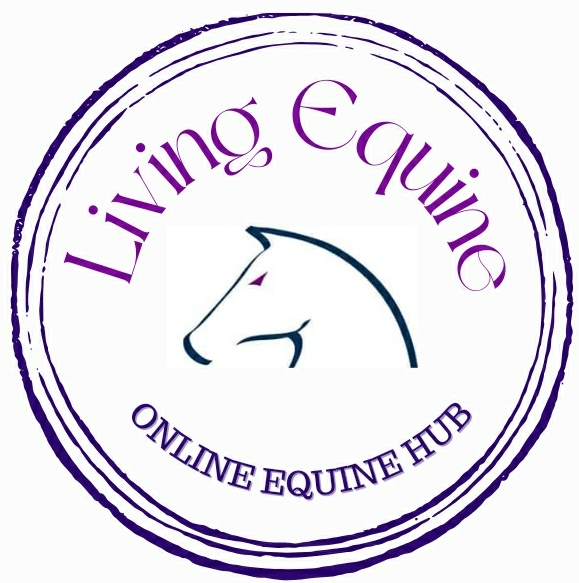This time of year not only brings forward a focus on human health, but also the overall health of all animals. Of course in the Horse World we attempt to manage the overall health of individual and herds in a holistic way. Being able to keep horses healthy across several aspects give us the best chance at being able to have them fulfill their purposes, and also battle illnesses or injuries in better circumstances than if their health was not managed. Wild horses are capable of doing most of this for themselves, however there is a Duty of Care involved with the horses we have in Domestication. Horses are naturally very stoic creatures so sometimes recognising key differences in vital signs due to underlying issues can be difficult. This is where the previously mentioned horsemanship in ‘Creatures of Habit ©’ comes in handy to know when a horse or a few horses in your care are not quite themselves.
The five main aspects of Holistic Horse Health are: Hoofcare, Dentistry, First Aid, Vaccinations and Parasite Control. By doing our best to keep each of these five aspects up to date and well managed towards each horse’s needs, it increases the chances of quick recovery times when illness or injury occurs.
It truly is integral the old saying “No hoof. No horse” to the holistic health of any horse. Most Equestrians make regular hoof cleaning, trimming, shoeing and dressing paramount in their horse care routines. Not only do the frogs of the hooves act as compression pads for blood circulation around the Equine body, but cracks, infections or critical alterations to hoof structures can create very serious consequences to the overall health of a horse. Hoof care can be strenuous sometimes, but by picking out hooves to check for stones and infections; having a farrier or educated hoof trimmer/shoer to have trims completed every 6 – 8 weeks and shoes changed (if applicable); dressing hooves to keep good condition; and having any critical alterations dealt with as soon as they arise…all very very worth it in the end!
Horse Teeth/Dentistry should be something scheduled in every Equestrian’s diary for every horse that they care for. The frequency of teeth floating and checks by an Equine Dentist varies by the age of the horse, and also perhaps the individual teeth health of a particular horse. In general, the teeth of horses between the ages of 5 and 20 should be seen by the Dentist yearly, and the teeth of horses under 5, or over 20 should be seen by the Dentist every 6 months. Considering that horses teeth make up the mouth where a bridle’s bit goes frequently to be ridden and/or they are used for the chewing of essential nutrients in their roughages, it is important to try have their teeth up to date with their Dentist.
First Aid simply refers to the set of actions in an Equestrian’s repertoire when topical or common internal health problems begin to occur, either by injury or via environmental or biological factors. This can be as simple as applying coconut oil to dry manes or tails when the appearance of dermatitis is beginning to appear, to applying a bandage if a horse cuts it’s leg, to applying ice boots after strenuous exercise to reduce inflammation. All of these are examples of actions that Equestrians use as go-tos in managing issues initally observed by them, and that requires some assistance to ensure it doesn’t become a more severe ongoing problem.
Vaccinating anything is always a very controversial and subjective aspect of health. There are recommended vaccinations that most Vets recommend should be given to any horse. Some Clubs, Agistments, Studs and Societies have requirements as to what vaccines they expect of the horses that compete with them. The choice however generally always comes down to the Owner as to what vaccines they not only can afford, but also that they believe will overall benefit their horses. The most common diseases vaccinated for in Australia are Tetanus, Strangles and of late Hendra. It is up to each individual Equestrian to do their research, have their own experiences and make their own decisions as to what Vaccination Regime they wish to follow.
Last but not least; Parasite Program. This is another quite subjective aspect to Holistic Horse Health, however it can stem further than deworming. Worms and internal parasites are not the only parasites that horses face in their day to day lives. There are also external parasites like Bots Flies, Ticks, Midges, Lice, Mosquitoes and Mange to manage the effects of to horse’s health too. Not all of these are obviously going to be present in every horse’s environment, however being able to recognise bites or symptoms caused by each will assist in managing them promptly and effectively. Complimenting these management strategies for the external parasites with an effective internal parasite program will help to keep overall parasite health under control.
Being accountable for each of these five aspects of Holistic Horse Health, and being proactive in the way overall horse health is managed, recorded and followed up, sets a great foundation for healthy horses (in best practice). It may be a lot of work and stress managing the turbulence of horse health, but please just keep on being motivated by the end results. Healthy horses equals happy horses, and that also equals happy Equestrians.
Feature Image courtesy of Derpibooru.
– Skye Pickering Dip. Horse Business Management

